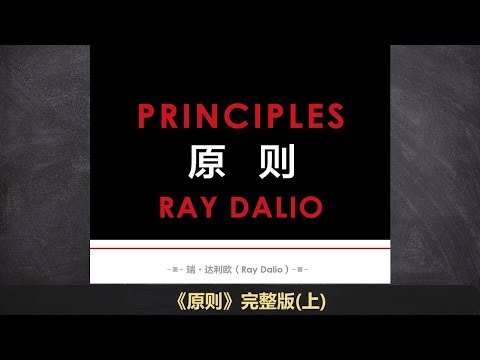Maria, this is the reality that I have constantly struggled with in the past:
I had many (esp. male) teenagers as students who told me that they "weren't readers" (neither in their native language(s), e.g. German, Polish, Turkish, Greek, etc., nor in their L2s, i.e. English, French, Spanish, etc.).
So the logical conclusion seems to be to avoid reading (and writing) altogether and use only (audio)visual media, e.g. comics, YT videos, TV, streaming services, etc. for language learning.
However, if you dig deeper (which I usually do because it’s a kind of “déformation professionelle” of mine), then “fun orientation” often equals “avoidance behavior.”
That is: they can’t read well, so they find it “difficult and unpleasant”. And that’s why they try to avoid it, creating a vicious circle: they read (and write) less and less, find it more and more unpleasant, therefore avoid it more and more, and so on.
I´ve seen this avoidance-based behavioral pattern in many skill acquisition processes, e.g. in:
- sports, esp. strength training / calisthenics
- math
- programming
- language learning (both in L1s and L2s!)
Avoidance behavior is very tempting for many learners, i.e. children, teenagers and adults, because it gives them temporary relief - while having the potential to ruin them in the long run (e.g. being a “functional analphabet” in our modern society is a disaster, IMO).
It’s quite easy to come up with solutions that are based on non-avoidance behavior but, of course, learners must know what to do in such cases…
In short, in cases where “avoidance behavior” is the underlying cause, learners should (almost) never choose the “fun = avoidance solution” (e.g., watching TV exclusively and avoiding reading word-dense material altogether).
In sum:
Sometimes “fun” is the answer in skill acquisition processes, but it is not when fun equates to “avoidance behavior”!
It’s a sign of an experienced learner (and teacher!) to know the difference…
